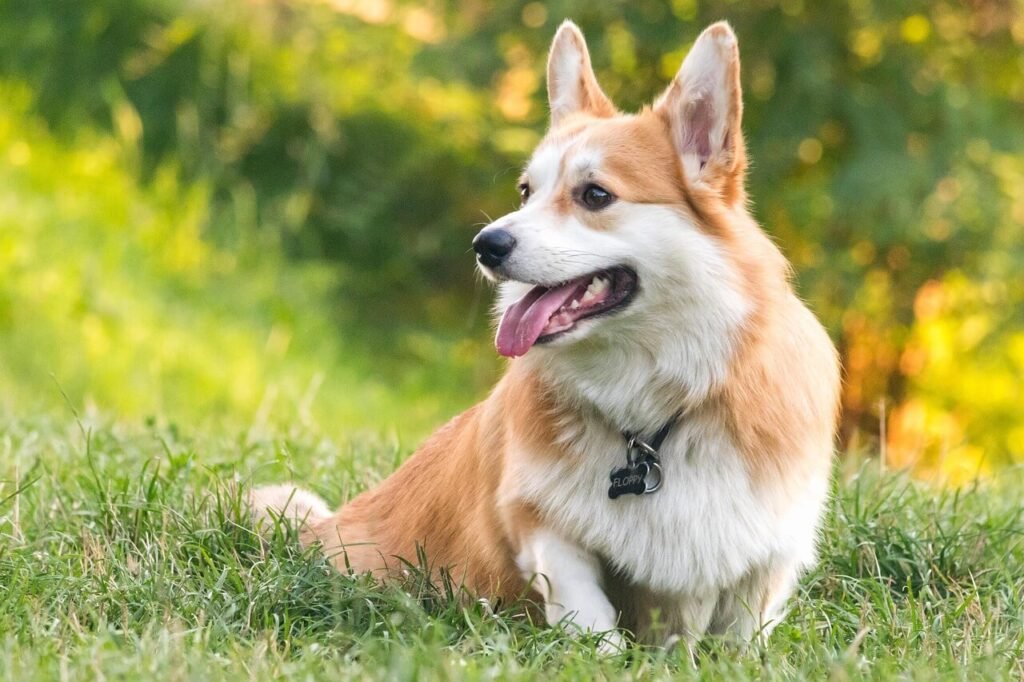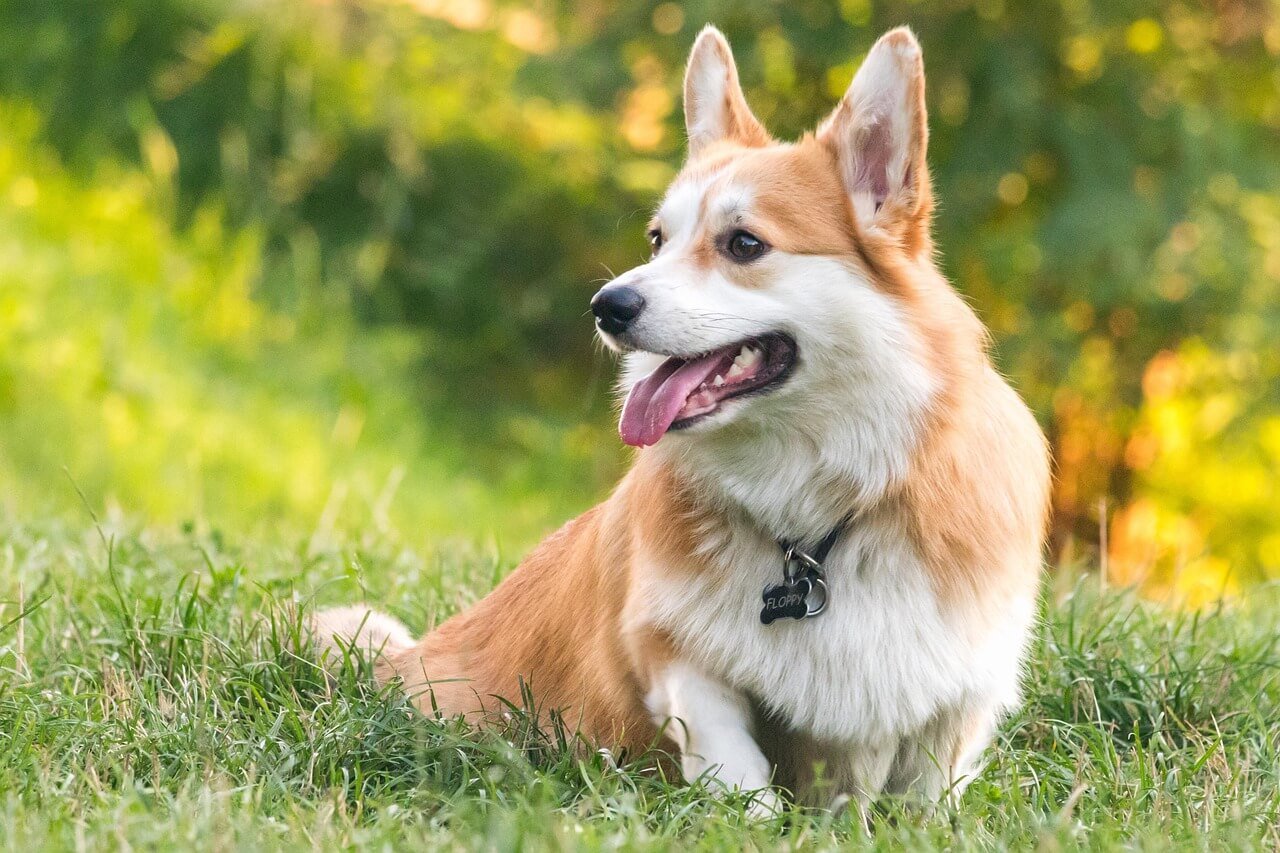Why Is My Dog Having Diarrhea at Night? Understanding the Causes and Solutions
If you’ve ever woken up to an unpleasant surprise or noticed your dog having diarrhea at night, you’re not alone. This common issue can be alarming and frustrating for pet owners, especially when it disrupts your dog’s comfort and your peace of mind. While occasional loose stools may not always indicate a serious problem, persistent nighttime diarrhea could signal an underlying health issue that needs attention.
In this blog post, we’ll explore the potential causes of nighttime diarrhea in dogs, how to address it, and tips to prevent future occurrences. Whether it’s diet-related, stress-induced, or something more serious, understanding why your dog is experiencing this issue is the first step toward helping them feel better.
Common Causes of Nighttime Diarrhea in Dogs
Nighttime diarrhea in dogs can stem from a variety of factors, ranging from dietary indiscretions to medical conditions. Identifying the root cause is essential for effective treatment. Here are some of the most common reasons:
Dietary Changes
Sudden shifts in your dog’s food or introduction of new ingredients can upset their digestive system and lead to diarrhea.Food Intolerances or Allergies
Some dogs are sensitive to certain proteins, grains, or additives, which can trigger gastrointestinal issues.Eating Non-Food Items
Dogs often ingest things they shouldn’t, such as garbage, toys, or plants, which can irritate their stomach.Parasites or Infections
Intestinal parasites like worms or bacterial infections can cause diarrhea, especially if left untreated.Stress or Anxiety
Emotional triggers, such as separation anxiety or changes in routine, can manifest as digestive upset.
Understanding these causes can help you narrow down the source of your dog’s nighttime diarrhea. If symptoms persist, consulting a veterinarian is crucial to rule out serious conditions.
Signs Your Dog Needs Immediate Veterinary Attention
While occasional diarrhea may resolve on its own, some symptoms warrant immediate veterinary care. Recognizing these red flags can prevent complications and ensure your dog gets timely treatment.
Blood or Mucus in Stool
The presence of blood or excessive mucus indicates irritation or infection in the digestive tract.Frequent Vomiting
Persistent vomiting alongside diarrhea can lead to dehydration and requires urgent attention.Lethargy or Weakness
A lack of energy or reluctance to move may signal a more severe underlying issue.Loss of Appetite
Refusal to eat or drink over 24 hours can exacerbate dehydration and nutritional deficiencies.Abdominal Pain or Swelling
Signs of discomfort, such as whining or a bloated belly, may point to a blockage or other serious condition.
If your dog exhibits any of these symptoms, don’t delay seeking professional help. Early intervention can make all the difference in their recovery.
Check this guide 👉Understanding Diarrhea in Older Dogs: Best 7 Health Tips!
Check this guide 👉When Your Dog Isnt Pooping After Diarrhea: Best 7 Tips!

Do’s When Your Dog Has Diarrhea | Don’ts When Your Dog Has Diarrhea |
|---|---|
Offer plain boiled chicken and rice | Feed rich or fatty foods |
Ensure access to plenty of water | Ignore signs of dehydration |
Monitor stool consistency and color | Give human medications without vet approval |
Keep your dog calm and comfortable | Allow access to garbage or harmful items |
Consult a vet if symptoms persist | Delay seeking help for severe symptoms |
How to Prevent Nighttime Diarrhea in Dogs
Preventing nighttime diarrhea starts with maintaining a healthy routine and addressing potential triggers. Here are some practical steps to reduce the risk:
Stick to a Consistent Diet
Avoid sudden changes in your dog’s food and gradually introduce new ingredients over several days.Secure Trash and Hazardous Items
Keep garbage cans, toxic plants, and small objects out of reach to prevent accidental ingestion.Provide Regular Exercise
Physical activity helps regulate digestion and reduces stress-related diarrhea.Schedule Routine Vet Check-Ups
Regular examinations can catch parasites, infections, or chronic conditions early.Minimize Stress Triggers
Create a calm environment by sticking to a predictable schedule and using calming aids if necessary.
By taking these preventive measures, you can minimize the chances of your dog experiencing nighttime diarrhea. A proactive approach ensures your pup stays happy and healthy.
Home Remedies to Soothe Your Dog’s Digestive System
For mild cases of diarrhea, home remedies can provide relief and support your dog’s recovery. However, always consult your vet before trying anything new. Here are some safe options:
Pumpkin Puree
Plain canned pumpkin (not pie filling) is high in fiber and can help firm up loose stools.Probiotics
Probiotic supplements or yogurt with live cultures can restore gut flora balance.Boiled Chicken and Rice
This bland meal is easy to digest and provides essential nutrients during recovery.Hydration Boosters
Offer diluted chicken broth or electrolyte solutions to prevent dehydration.Herbal Teas
Chamomile or ginger tea (cooled and unsweetened) can soothe an upset stomach.
These remedies can help ease your dog’s discomfort, but remember that they’re not substitutes for professional care if symptoms worsen.
Signs Your Dog’s Diarrhea Is Improving
When your dog is recovering from diarrhea, it’s important to monitor their progress closely. Here are some signs that indicate your dog is on the mend:
Firmer Stools
The consistency of your dog’s stool gradually becomes more solid and regular.Increased Energy Levels
Your dog starts showing renewed enthusiasm for playtime and daily activities.Improved Appetite
A return to normal eating habits suggests your dog’s digestive system is stabilizing.Reduced Frequency of Accidents
Fewer episodes of diarrhea or accidents at night indicate improvement.Normal Hydration Levels
Your dog’s gums appear moist, and they no longer show signs of dehydration like lethargy or sunken eyes.
These positive changes signal that your efforts are working. However, if symptoms worsen or don’t improve, consult your veterinarian promptly.
Common Mistakes to Avoid When Managing Diarrhea
While caring for a dog with diarrhea, it’s easy to make mistakes that could delay recovery or worsen the condition. Here are some common pitfalls to avoid:
Overfeeding During Recovery
Feeding too much food too quickly can overwhelm your dog’s sensitive digestive system.Ignoring Dehydration
Failing to ensure your dog drinks enough water can lead to serious complications.Using Human Medications
Giving medications like Pepto-Bismol without veterinary guidance can be harmful.Skipping Vet Visits for Persistent Symptoms
Assuming the issue will resolve on its own can allow underlying conditions to worsen.Introducing New Foods Prematurely
Adding unfamiliar foods too soon can disrupt your dog’s recovery process.
By avoiding these mistakes, you’ll give your dog the best chance to recover fully and prevent future episodes. Always prioritize caution and professional advice.
How to Keep Your Dog Comfortable During Recovery
When your dog is dealing with diarrhea, comfort is key to helping them feel better faster. Here are some ways to ensure they stay relaxed and supported:
Provide a Quiet Resting Area
Create a calm, cozy space where your dog can rest without disturbances.Use Soft Bedding
Choose plush bedding to keep your dog comfortable, especially if they’re feeling weak.Limit Physical Activity
Reduce exercise to allow your dog’s body to focus on healing rather than exertion.Offer Gentle Belly Massages
Light massages can help soothe an upset stomach and promote relaxation.Maintain a Stress-Free Environment
Avoid loud noises, sudden changes, or other stressors that could worsen their condition.
Keeping your dog comfortable not only aids in their recovery but also strengthens your bond during this challenging time. With patience and care, they’ll bounce back in no time.
FAQ
Why is my dog having diarrhea at night but not during the day?
Nighttime diarrhea may occur due to stress, late-night eating, or exposure to irritants while unsupervised.
Can stress cause diarrhea in dogs?
Yes, stress or anxiety can disrupt your dog’s digestive system and lead to loose stools.
How long should I wait before contacting a vet?
If diarrhea persists for more than 24–48 hours or is accompanied by other symptoms, contact your vet immediately.
What should I feed my dog after diarrhea?
Start with bland, easily digestible foods like boiled chicken and rice, and reintroduce their regular diet gradually.
Can worms cause diarrhea in dogs?
Yes, intestinal parasites like roundworms or hookworms can cause diarrhea and require deworming treatment.
Supporting Your Dog Through Nighttime Diarrhea
Dealing with a dog having diarrhea at night can be stressful, but understanding the causes and solutions empowers you to take action. Whether it’s adjusting their diet, securing hazardous items, or seeking veterinary care, every step you take contributes to your dog’s well-being. Remember, prevention is key—by maintaining a consistent routine and staying vigilant, you can minimize the likelihood of future episodes. With patience, care, and the right approach, you’ll help your furry friend feel better in no time. After all, a healthy dog means a happy home!
Do Cats Have Taste Buds? Best 7 Expert Tips! – Discover how cats experience flavors and why their taste is so unique.
Do Dogs Have Taste Buds? Best 7 Expert Tips! – Discover how dogs experience taste, their preferences, and what it means for their diet and health.
Can Cats Taste Sweet? Best 7 Expert Tips! – Discover why cats can’t taste sweetness, how it affects their diet, and tips to keep them healthy and happy.
Can Dogs Taste Sweet? Best 7 Expert Tips! – Discover how dogs perceive sweetness, which foods are safe, and tips to manage their sweet cravings responsibly.





